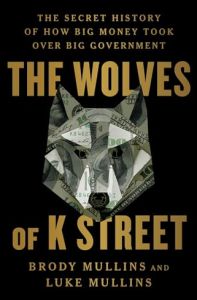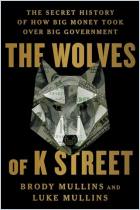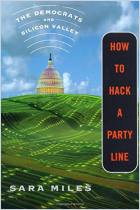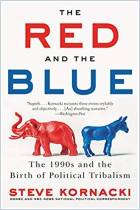加入 getAbstract 阅读摘要

加入 getAbstract 阅读摘要
Luke Mullins and Brody Mullins
The Wolves of K Street
The Secret History of How Big Money Took Over Big Government
Simon & Schuster, 2024
看看什么内容?
Take a deep dive into the rise and impact of influence-peddling in America’s halls of power.
Recommendation
Behold the lobbyist: that silver-tongued figure clandestinely pulling the levers of power. In this detail-rich study of half a century of influence-peddling, journalists Brody and Luke Mullins paint a portrait of K Street denizens that is even more craven than the stereotype. They describe the colorful careers of such master influencers as Tommy Boggs, Lee Atwater, Paul Manafort, and Tony Podesta. While each was associated with a particular political ideology, their true motivations seemed to be money and power. This depressing but important tale will engage readers of all political stripes.
Summary
About the Authors
Brody Mullins is an investigative reporter in the Washington, DC, bureau of The Wall Street Journal, where he led the team that won the 2023 Pulitzer Prize for investigative reporting. Luke Mullins is a contributing writer at Politico magazine.


























Comment on this summary